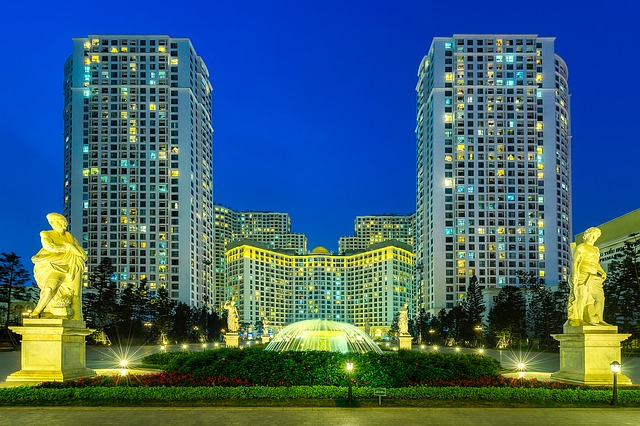It should be a wake-up call for the EU; What is meant is the RCEP agreement recently signed in Hanoi by China and 14 other Asian and Pacific countries. This agreement represents the largest free trade agreement ever agreed. It is suitable to marginalize the EU and completely undermine the foreign trade policy of the USA. After more than eight years of negotiations, a free trade area has been created that not only includes the ten members of ASEAN but also South Korea; Includes Japan, Australia and New Zealand. It comprises and regulates 30% of world trade, so it is larger than the volume of the EU or the network of the USA, Canada and Mexico. Only India as a major economic factor is not part of the signatory states, but that is a different story.
It is significant that even countries such as Japan, Indonesia, Thailand, Singapore, Australia and New Zealand have acceded to the agreement. Actually sensational, because it is precisely these countries that have been loyal supporters of the USA up to now and are not considered friends of the Chinese BRI or its global economic policy, which they consider to be too expansive.
This agreement, too, is certainly not perfect and not all-inclusive. So far nothing has been regulated in this agreement from an environmental point of view, but pragmatism has triumphed here. NZ in particular has always taken a militant position in terms of democratic and environmental standards against China.
As noted, the deal covers a third of world economic output. This results in a further reduction in the importance of the West. Everything that the BVDSI has always warned about seems to be developing in exactly the same way. The Trump administration is in memorable harmony and unity with Brussels. The strategy is to say “NO”. However, it is not clear why “NO” should actually be said? It is not enough to define democratic standards as filters for global cooperation when the will to prosperity is the real driving force behind pragmatism and leads to agreements such as the RCEP.
This is how you get caught in your own political pitfalls and slow down your own growth and future options. The question of politicians and the press, who have fallen into the role of democracy watchdogs, whether the EU should only take on a single market position in the future, must be allowed.
To avoid misunderstandings, the BVDSI is a representative of western values such as democratic and human rights freedoms. Both are not mutually exclusive, but are dependent on each other in the long term. To what extent and at what speed is a question of a regional balance between the partner states. If the EU does not finally wake up and actively submit proposals to participate in the newly defined prosperity pact from the East, we can very quickly find ourselves in a defensive pact with the USA, UK and maybe even India.

